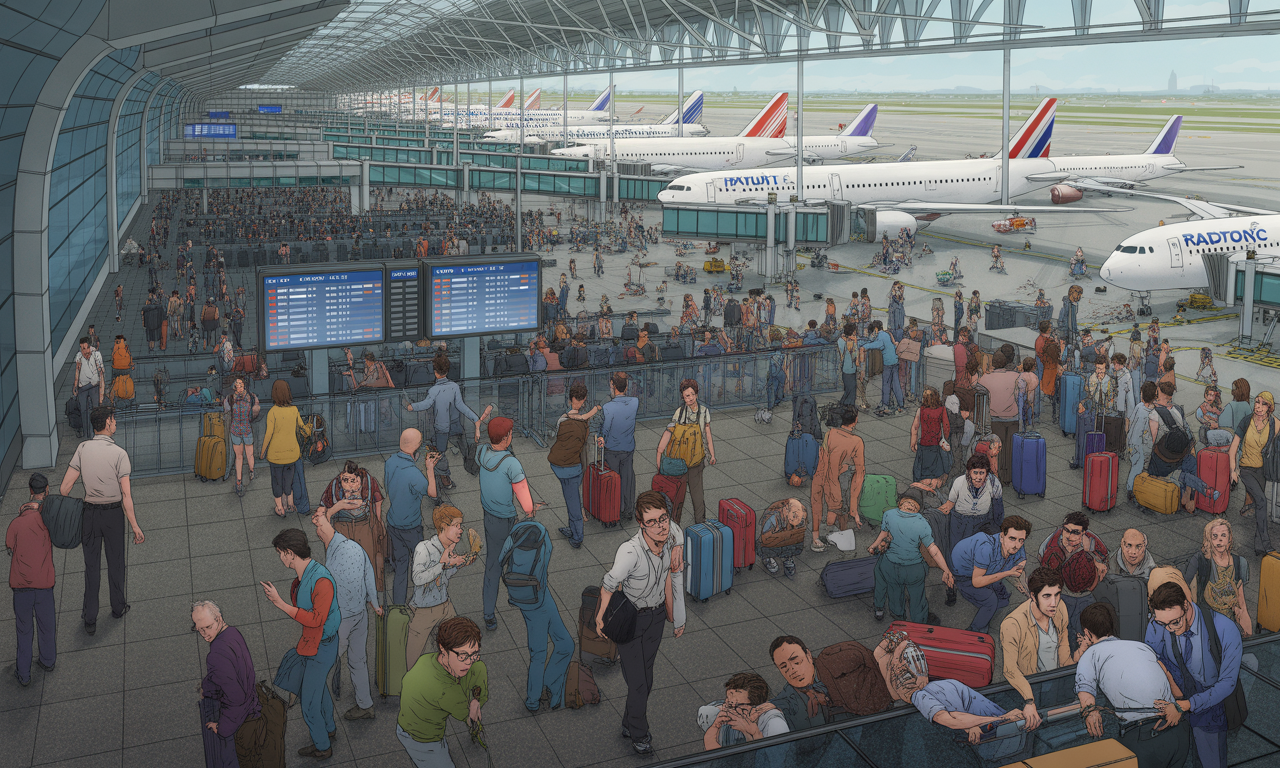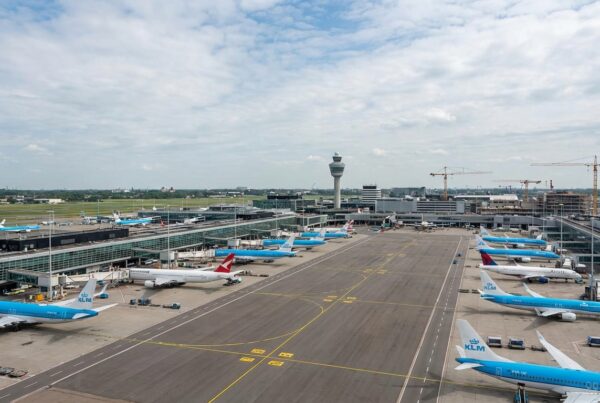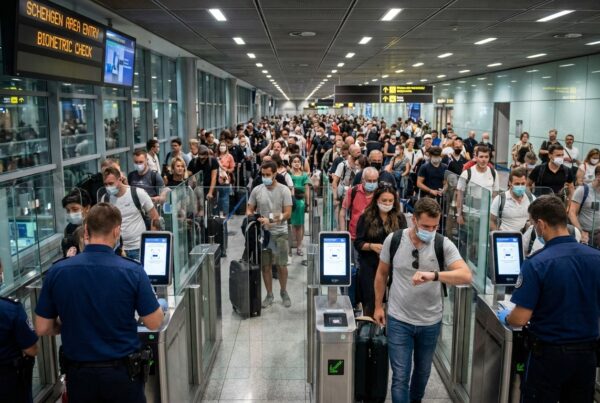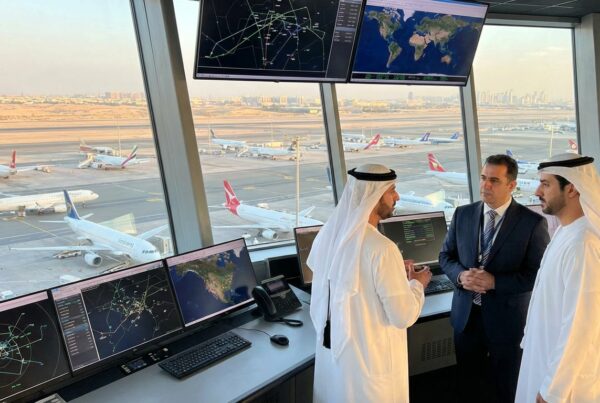The recent strike by air traffic controllers in France caused major disruptions to domestic air traffic. According toEurocontrolThe strike resulted in an estimated economic loss of 120 million euros. This prolonged disruption not only affected the fluidity of airport operations, but also had repercussions on the air transport sector and associated services. The authorities are now considering measures to prevent such incidents in the future, in order to limit the financial and operational impact on the entire national air network. The government hopes to strengthen the sector's resilience in the face of future challenges.
The recent air traffic controllers' strike in France has had a major economic impact on the entire aviation sector. According toEurocontrolthe disruption caused by this mobilization resulted in an estimated loss of 120 million euros. This figure illustrates the importance of air traffic controllers' role in air traffic management and safety.
Economic and organizational impacts
The complete or partial shutdown of air traffic control services disrupted operations at several airports. Airlines and airports had to cope with cumulative delays, cancellations and schedule reorganizations. For example, the strike also had repercussions on flight schedules, comparable to some of the disruptions mentioned in some European airports.
Impact on air traffic and logistics
The disruption caused by the strike was not limited to a single day of mobilization. They have reverberated throughout the air logistics chain, affecting both international and regional flights. Some operators, such as Finnairhave already reported major changes to their schedules, while other strike-related incidents have been noted by various companies, including EasyJet.
International comparisons and analyses
The financial consequences of these social movements invite comparison with similar events on the international scene. Concrete examples, such as the recent news about Boeingshow that disruptions in the aeronautical sector also affect deliveries and production. In other countries, similar strikes have led to complex situations, as witnessed in Belgium during recent events (at Brussels airport).
Impact on the aeronautics chain
The event is a reminder of the importance of optimum coordination between the various players in the sector. Airlines, air traffic controllers and airport managers need to be prepared to handle unforeseen situations, in order to limit the economic impact of such industrial action. The reactivity of control services, as mentioned in various reports, is crucial to minimize delays and financial losses. Recent experiences also offer an opportunity to analyze and improve crisis management strategies, so that the whole sector can better anticipate such contingencies.
In addition, some disruptions similar to those recorded recently have also been documented as part of unforeseen changes to the European air network, as evidenced by recent announcements of flight cancellations or temporary suspension of services in other regions.

Strike impact analysis
| Criteria | Details |
|---|---|
| Incident | Air traffic controllers strike in France |
| Financial loss | About 120 million euros lost |
| Source | Data fromEurocontrol |
| Impact on traffic | Major disruptions to all flights |
| Economic reaction | Negative impact on the aeronautics industry |
| Incident duration | Recent period with no exact details |
| Proposed measures | Ways to strengthen regulation of the sector |
| Future prospects | Reassessment of traffic management protocols |




